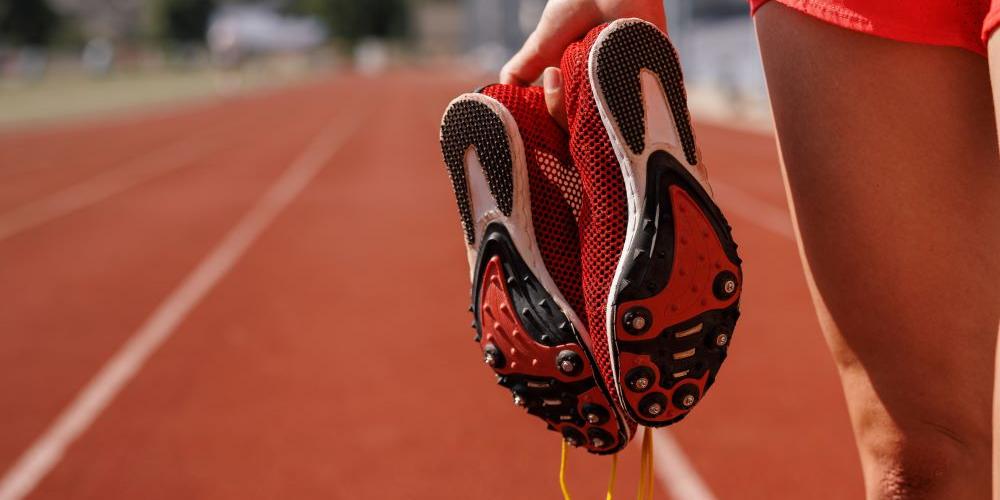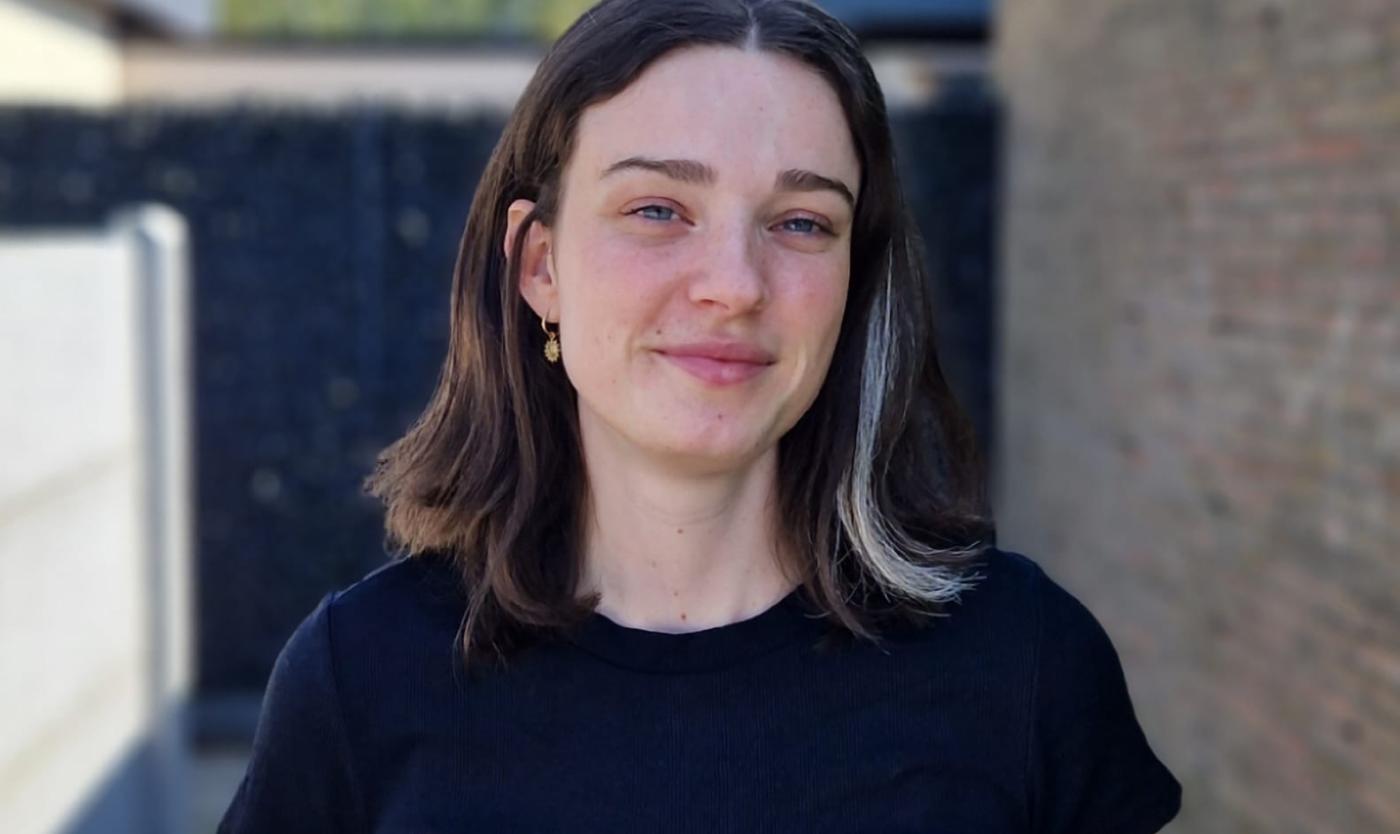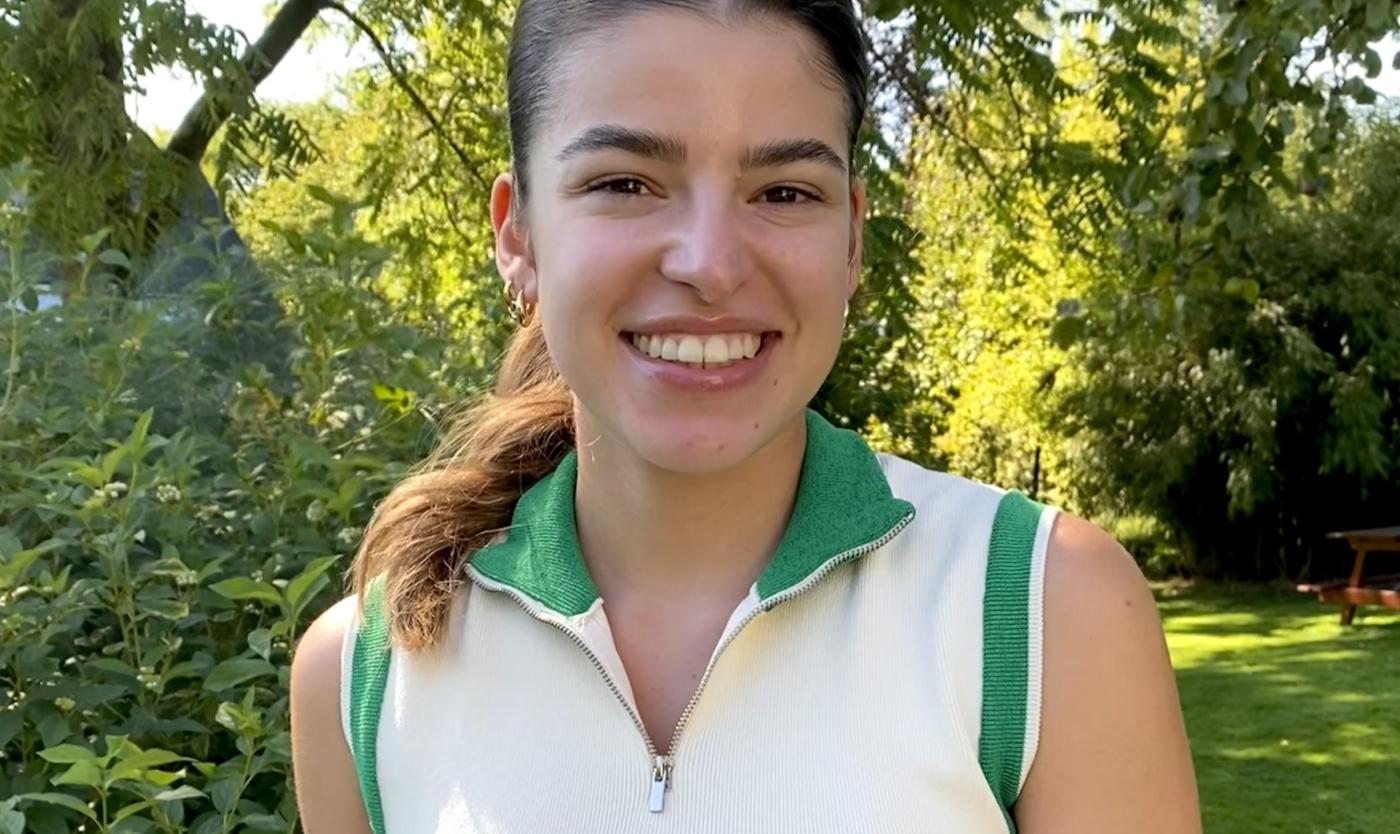
This past summer, we watched in awe as the Olympics showcased incredible performances from athletes like Simone Biles and Nafi Thiam. Yet, not every female athlete received equal support. Boxer Imane Khelif’s gold medal was overshadowed by scrutiny around her gender and testosterone levels, sparking a media storm that reignited the wider debate on transgender individuals in elite sport. Is the science lagging behind? Journalism graduates Jana Stiers and Lotte Goos delved into this issue in their thesis on transgender women in top-tier sports.
Lotte explains, “As students, we were encouraged to think critically and keep an open mind. Though we’re not especially passionate about elite sports ourselves, our interest in fairness and how journalism can play a role in it led us to this topic. Belgium has around 58,500 transgender individuals, and those aspiring to elite sport are facing barriers at every turn.” They adapted their thesis into an accessible article as part of their journalism programme. In this commentary piece, the recent graduates highlight the problematic policies surrounding sport and transgender athletes. How does the sports world treat these individuals, and more importantly, who has the authority to make these decisions? “In 2021, the International Olympic Committee (IOC) ruled that policies on transgender athletes in elite sport could be set by individual sports federations. This has often led to exclusion of transgender athletes, based on broad regulations founded on outdated research and guesswork,” Lotte notes.
Their discussions with urologist Piet Hoebeke and leading doctor Guy T’Sjoen revealed that sports federations closely monitor transgender women’s testosterone levels. To compete in official events, transgender women must keep their testosterone levels below 2.5 nanomoles per litre of blood, yet this alone does not guarantee a place at the Olympics. “In certain sports, such as swimming and rugby, federations go further, excluding anyone who has undergone male puberty. This rule might seem logical given that hormones surge during puberty. However, in reality, transitions before age twelve are almost unheard of, with cross-sex hormones only typically accessible from age sixteen. Ultimately, these athletes face exclusion, though federations don’t openly label it as such,” Jana adds.
Research on transgender athletes remains a young and underfunded field. Jana and Lotte’s findings suggest that testosterone may influence transgender women’s performance for up to three years post-transition. However, science doesn’t offer much insight beyond this point. What about transgender women who transitioned five or even ten years ago? “As a small minority group, transgender athletes face the problem that most research is conducted on athletes who haven’t transitioned. How can you regulate transgender athletes when there’s so little research on them?” Lotte asks.
Jana continues, “With our article, we want to cut through the ambiguity and encourage respectful discussion. At the moment, it’s almost taken for granted that transgender people inherently have biological advantages in sport. We need to question this assumption and push for more solid research.”
Lotte adds, “To achieve an internationally backed, scientifically sound sports policy, we need more than just the efforts of advocacy groups.” After sharing their work with several media outlets, it was picked up by Knack in August. “I was genuinely surprised by how few changes Knack’s editors made. I’m quite proud that our article was strong enough to be published almost in its original form.”
The graduates understand that one article alone won’t bring immediate change, but they’re proud to have raised awareness on the issue through publication. Following the successful completion of their studies, Jana has begun working as an audio engineer and editor for EMG Belgium.


Lotte, meanwhile, has taken up a position at the marketing agency TEAM LEWIS. “The news often just scratches the surface. It’s rewarding to work on something that aims to make a real impact. If I continue in journalism, I want my work to make a difference, however small, or at least to provoke thought,” concludes Lotte.*
Read the full article (in Dutch), featuring experts like urologist Piet Hoebeke, Tom Teulingkx, chair of the Association for Sports and Examination Physicians (SKA), top doctor Guy T’Sjoen, and other leading voices, for free by registering on Knack.
*This is a machine translation. We apologise for any inaccuracies.